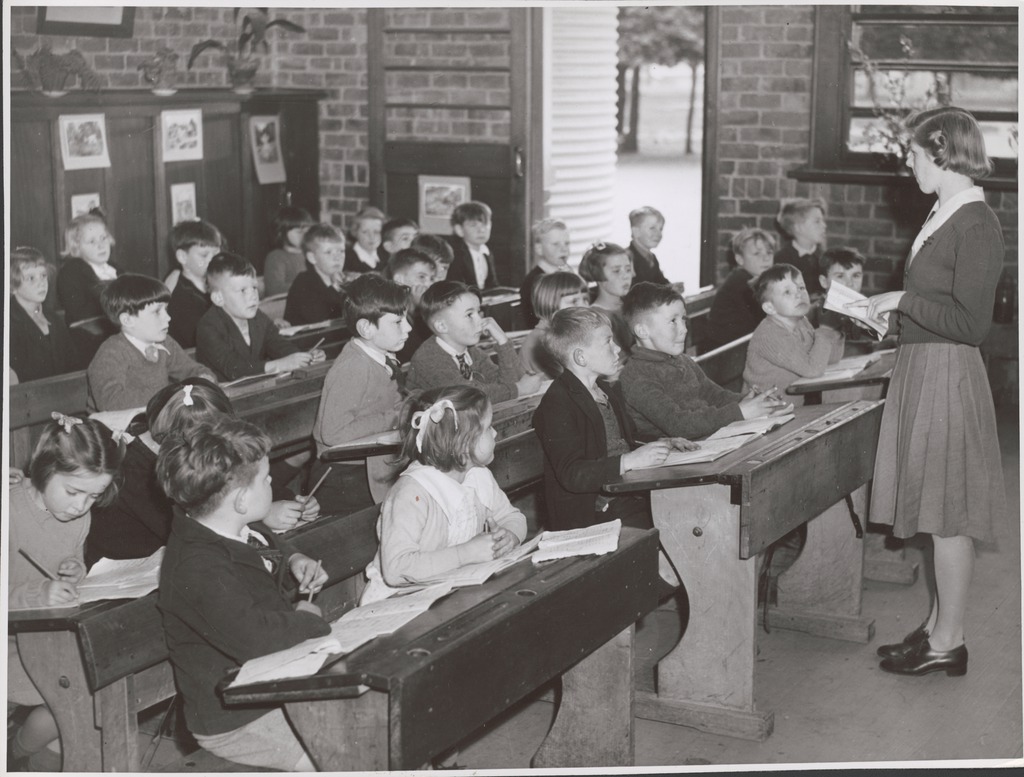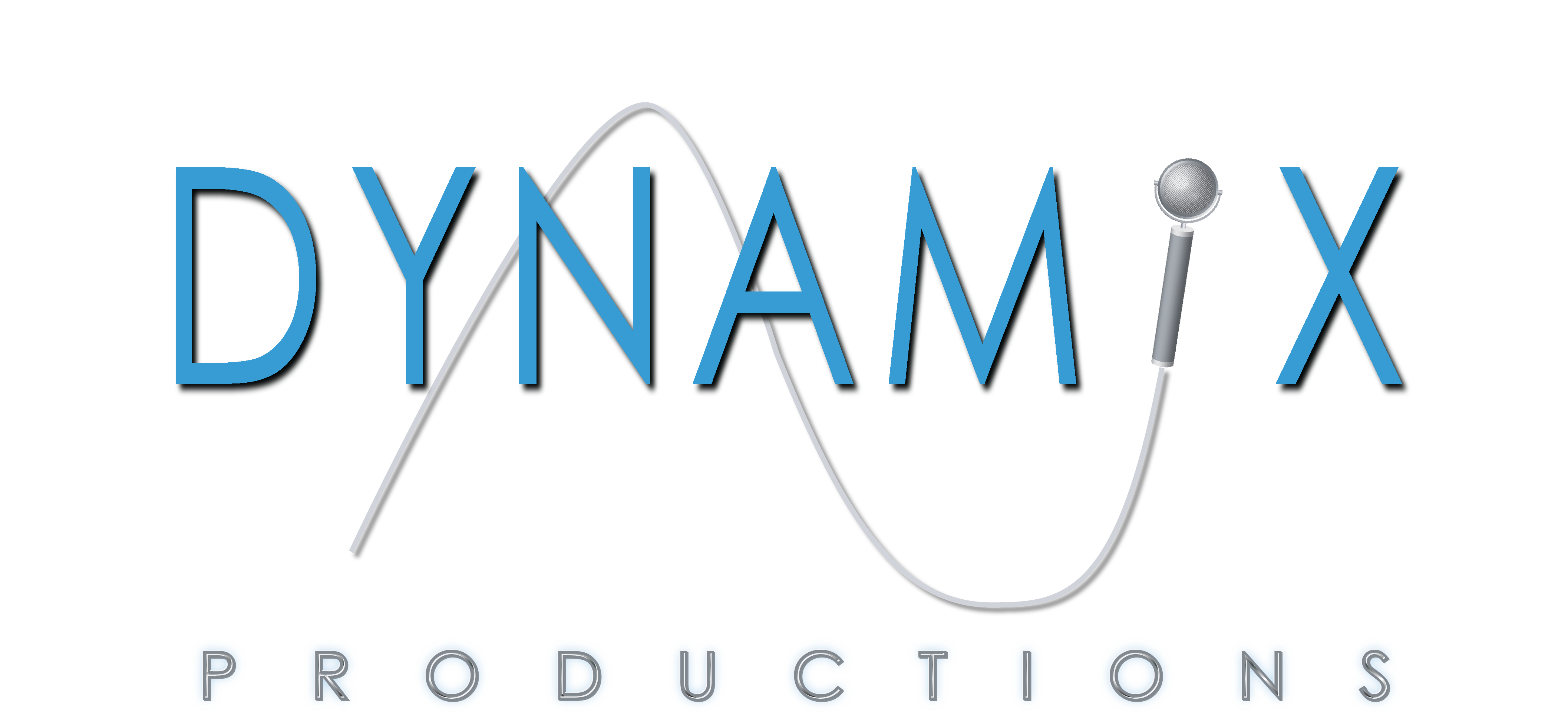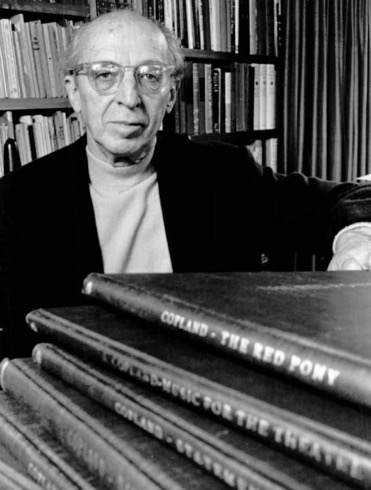

- © 2003 - 2025 Dynamix Productions, Inc. Contact Us 0



Aaron Copland, 1970
WIth the recent news that the Library of Congress is inducting 25 entries into the Library of Congress National Recording Registry, I was excited to see U2, Linda Ronstadt, and Isaac Hayes get their due. Perusing the list, I saw a very influential (at least personally) album - Copland Conducts Copland: Appalachian Spring (1974).
I was a music major in college and always found Aaron Copland to be the quintessential American composer. He seemed to capture what Americans idolize about America: hope, boldness, charm, intrepidness, looking forward but not forgetting the past. Copland had a sense that the audience didn't want to hear a European's take on America. His music was organically Americana by taking styles and songs from our heritage. He then boldly threw them into a fire and forged a new sound.
What's really interesting about Copland is to see him rehearse an orchestra for one of his compositions. There's a recording of him rehearsing Appalachian Spring in which he gives direction that we producers, directors, talent, and copywriters can heed. Here are some excerpts:
"It's too sentimental...it sounds on the Tchaikovsky side. Make it more American in spirit, in that the sentiment isn't all shown on the face."
"The music by itself is warm, you don't have to help it."
"Round and noble, rather than violent."
"Light, bouncy, happy and American-ish."
He gives some technical direction during this rehearsal, but his emotive directions get more response. This is true during a successful recording or film session. The actor / narrator needs to be believable, and the best way to get there is for them to believe they are in a place. That place being "noble," or "happy," or "warm."
How does one get there? Each person is different in their approach, but imagery is the most common. Imagining one is in a field of flowers, on a beach, flying like a bird - whatever works. The tone of the voice or the flow of the body will follow naturally.
I'm oversimplifying it of course, but you get the gist. Sometimes it can take a while to get to "that place." I remember one film of a Copland rehearsal where he quickly stopped the orchestra and said (and I'm paraphrasing here) "No, no, no! You're still playing the Beethoven you played last night. Softer, lighter."
With our daily workload of ever-shifting projects and clients, we are all challenged for new ideas. Maybe we should take Mr. Copland's advice to keep it fresh for our client today, by not having last night's leftover Beethoven.